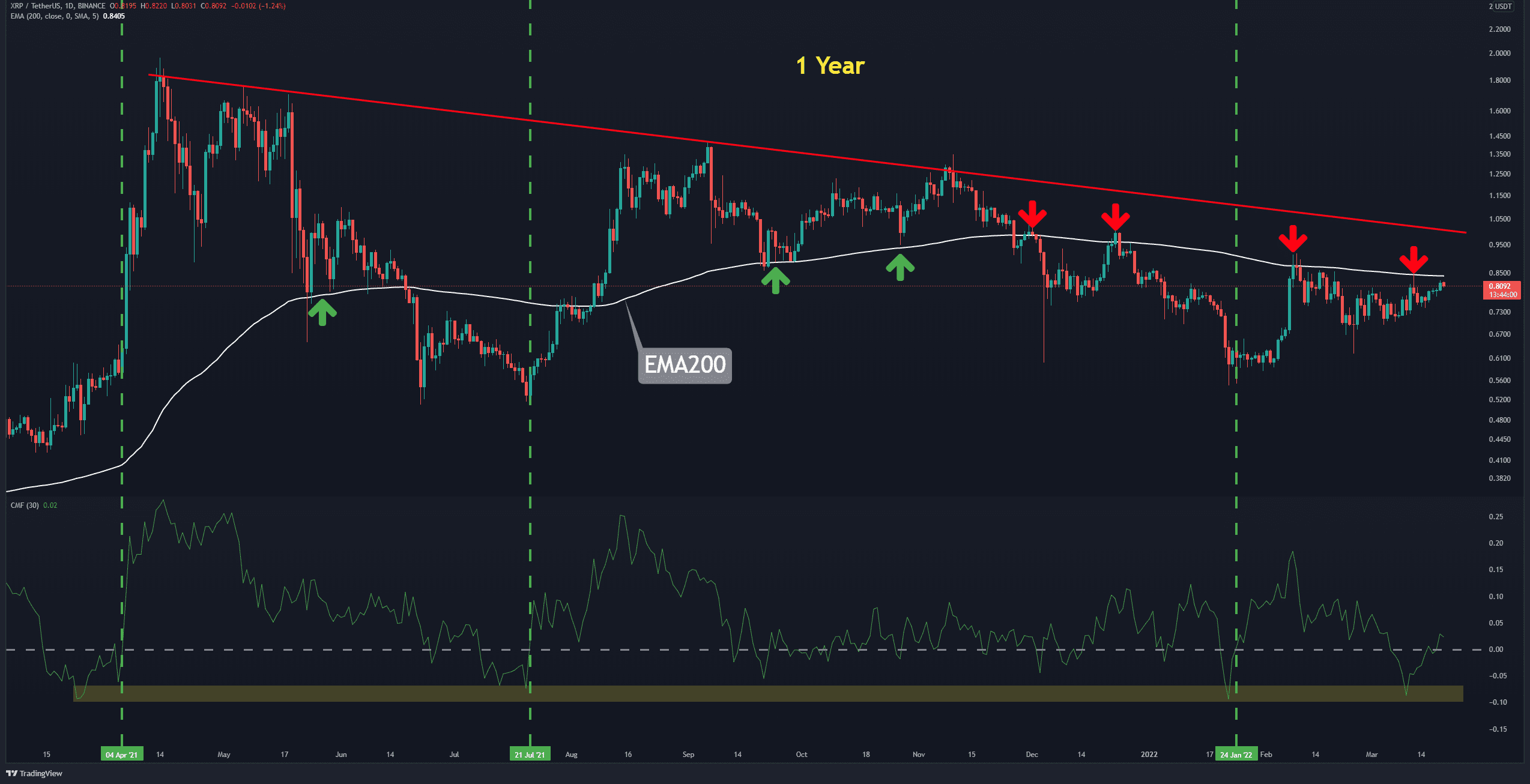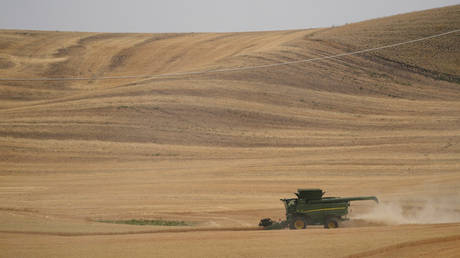[ad_1]
“Left of boom” is a military idiom adopted by US forces during the Iraq War that originally referred to efforts to disrupt insurgents before they planted improvised explosive devices (IED) that could kill American troops; in other words, before the IED went boom.
It has since grown to become an all-purpose corporate buzzword, in everything from cybersecurity to disaster planning, for actions that can be taken to anticipate and prevent a catastrophe before it happens.
There’s a (literal) flip side to this concept: “right of boom,” which covers everything that can be done to mitigate the effects and enhance resilience after disaster strikes. While “left of boom” strategies in their original meaning involved everything from better intelligence of insurgents’ movements to plotting out safer patrol routes, “right of boom” meant hardening armor, improving medical care, and even boosting psychological resilience.
If “left of boom” is meant to prevent the worst from happening, “right of boom” is meant to prevent what happens from becoming the worst.
Thinking about nuclear war has been dominated by “left of boom” concepts. Deterrence, arms control treaties, nonproliferation — they all aim to prevent that ultimate boom from ever occurring. And so far, the world has largely been successful. Since the US dropped the 21-kiloton “Fat Man” atomic bomb on Nagasaki on August 9, 1945, killing as many as 70,000 people, no nuclear weapon has been used in war, though there have been enough close calls to fill a book.
While the early days of the Cold War saw Strangelovian thinkers like RAND’s Herman Kahn theorize about “tragic but distinguishable postwar states” — galaxy brain-sized ways to fight, survive, and win a nuclear war — the idea of preparing for a nuclear war seemed increasingly ludicrous as arsenals grew to tens of thousands of warheads and studies raised the prospects of a “nuclear winter” post-conflict. When the Cold War ended and warheads were decommissioned by the thousands, the fear — and the need to take that fear seriously — wound down like the hands of the Doomsday Clock.
Russia’s invasion of Ukraine, and the tacit threat of nuclear weapons lurking in the background of any conflict between Moscow and the US and its NATO allies, has changed all that. In European countries, which sit closer to the battlefield, fear of a nuclear catastrophe has led to a rush on fallout shelters and anti-radiation potassium iodide pills.
A recent post on the Effective Altruism forum — a site that hosts posters interested in effective altruism and averting existential risks — examined a number of forecasts and put the aggregate chance of death in a nuclear explosion in London over the next month at 24 in a million, with probabilities 1.5x to 2x less in more distant San Francisco.
That’s a “low baseline risk,” as the authors put it, and the chance of nuclear weapons being used purposefully remains highly unlikely. But it’s clearly a baseline risk that has increased, and as UN Secretary General António Guterres warned this past week, “the prospect of nuclear war is now back within the realm of possibility.” As the existential risk expert Seth Baum wrote recently, it’s “a prospect worth taking extremely seriously.”
Taking that prospect seriously requires some “right of boom” thinking, to try to do what we can to mitigate the harms and improve human resilience if the worst of the worst does occur, all the while walking a careful tightrope between being alert and being alarmist.
Reinventing civil defense
The days of elementary-school fallout shelters and “Bert the Turtle” — a cartoon animal who told 1950s kids how to “duck and cover” in cartoons funded by the US Federal Civil Defense Administration — are long gone.
Funding and attention for civil defense — drills, shelters, and other programs designed to reduce the death toll from a nuclear attack — began to melt away in the latter half of the Cold War. By 1986, the Federal Emergency Management Agency was reporting to Congress that “US civil defense capabilities were low and declining,” though it still couldn’t get its $130 million ask to keep existing emergency operations centers running at a minimal state fully funded.
But while a full-scale, US-Russia nuclear war would overwhelm target cities and devastate the global climate, up-to-date civil defense can make a difference in saving lives in what might be a more likely nuclear incident, like a terrorist bomb or a missile lobbed by a rogue state. “Yes, sadly some people would die immediately and have no control,” says Kristyn Karl, a political scientist at the Stevens Institute of Technology. “But recent models show us there are many situations in which a lot of people would survive.”
The first step to making civil defense useful in the 21st century is to help people overcome what Karl calls the “fatalism and apathy” that nuclear weapons can engender, which is why she and her colleagues launched a program in 2017 called Reinventing Civil Defense. Using everything from graphic novels to posters to websites — Karl’s colleague at Stevens, Alex Wellerstein, is behind the Nukemap site that allows you to simulate a nuclear strike of any size on any location — the project aims to reawaken the public to the still-existing threat of nuclear war, and “the actionable steps,” as Karl puts it, that can be taken to potentially save their lives.
That advice can be broken down into three main points: get inside, stay inside, and stay tuned.
Should you receive warning of an incoming strike or detonation, get inside the nearest standing building — ideally one that is concrete — stay there for 12 to 24 hours, the amount of time when radiation levels from fallout will be at their worst, and wait for news about where to evacuate next.
More meaningful civil defense would require federal, state, and local governments to take the nuclear threat as seriously as they do others. When I spoke to Wellerstein in 2018 for my book End Times, he noted that while active shooter drills have become common in American schools, comparatively little is done on what actions can be taken after a nuclear strike. (Comparing the two threats is difficult, but one risk expert in 2018 put the chance of a student being killed by a gun while in a public school on any given day since 1999 at 1 in 614 million.)
“These sorts of activities can cause people not only to behave in their better interest during an emergency, but also to take it more seriously,” he told me then. “You’re not going to save everybody, but there’s a difference between 500,000 dead and 800,000 dead.”
Thinking through the unthinkable
For advocates, civil defense requires toeing a careful line: acknowledging that a nuclear attack would be unimaginably horrible no matter what we do, while insisting that actions can be taken on the ground now that would make a difference right of boom without being seen as overly alarmist.
Even so, a full-scale nuclear war involving much of the world’s 15,000 remaining nuclear warheads — roughly 90 percent of which are held by the US and Russia — would likely overwhelm even the best attempts at civil defense. While such a catastrophe is less likely than it was at the height of the Cold War to extinguish human civilization, the immediate death toll would be in the tens of millions and solar dimming from countless fires would severely compromise our ability to grow food.
To deal with that scenario, groups with an effective altruist or longtermist bent have expressed interest in funding efforts to study how to produce food with little sunlight. One organization at the leading end of that effort is the Alliance to Feed the Earth in All Disasters (ALLFED), which is exploring options like insects, seaweed, algae, and other options that could serve as potential food sources in a world where solar radiation had been severely dimmed, whether because of a nuclear winter event or a less likely major asteroid impact or supervolcanic eruption.
“We would be in a much better position with a backup plan,” David Denkenberger, the founder of ALLFED, told 80,000 Hours in 2018.
But the dismal possibility of trying to make do with insects and algae underscores the hard truth that our best hope for survival in a nuclear war is in ensuring one never takes place, a fact civil defense advocates know all too well and hope their own efforts to imagine the unimaginable can aid. (To that end, the decline in philanthropic funding for “left of boom” efforts to reduce the risk of a nuclear war occurring, which Dylan Matthews wrote about this week for Vox, is a worrying development.)
“The unthinkable can happen,” Lovely Umayam, a nuclear weapons expert at the Stimson Center, told me. “The most practical thing we can do as responsible global citizens is to demand countries to take nuclear arms controls and disarmament seriously once we get out of this current crisis.”
A version of this story was initially published in the Future Perfect newsletter. Sign up here to subscribe!
[ad_2]
Source link





















